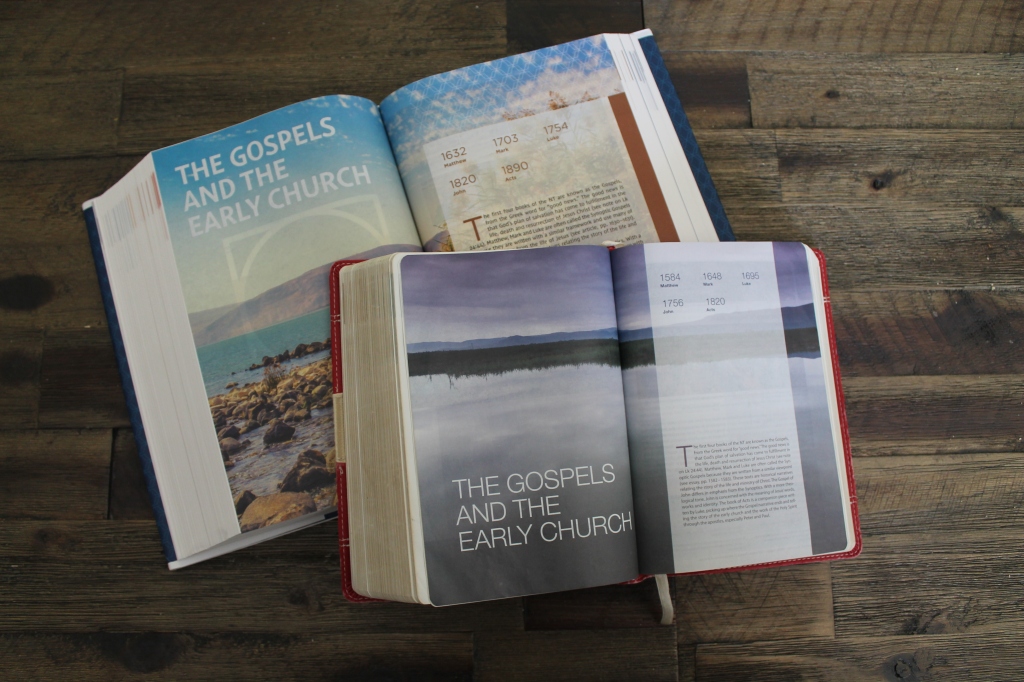Anyone who wants to be first must be the very last, and the servant of all. –Mark 9:35
I don’t want to be first. I just want to be full: fully me, fully serving God in the fullness of my gifting. Recently, I’ve come to realize the pursuit of a writing career isn’t getting me there.
Changing career paths is not what I expected when I named ambition as my 2020 word of the year. Quite the opposite.
Of course, I also didn’t expect a pandemic. So there’s that.
And I didn’t expect to read Designing Your Life, by Bill Burnett and Dave Evans. My friend said, “You’ll like this because of your design background.”
She wasn’t trying to change my life, but the book led me to ask myself some tough questions.
Why do I write?
I’ve been blogging since 2012 and writing for publishing since 2014. There have been times when it was almost a full-time job and times when writing took a back seat to other important happenings in my life, but it has never satisfied me.
I thought it would.
Writing has spurred my spiritual growth in permanent and beautiful ways. It’s a form of worship that helps me understand God and get closer to him. Nothing has been wasted. But on the horizontal plane, its’ very one-sided. There isn’t adequate opportunity to dialogue—to learn from others as they learn from me—about the things of God. I couldn’t name this dissatisfaction until I read Designing Your Life and had space to think about these deeper things. (Perhaps the one positive in this whole pandemic: space to think.)
What do I relish?
I delight in ideas conveyed through words beautifully assembled, in dialogue, in research, in delighting in the Word alongside someone else. I also love speaking those well-pondered words in front of others.
But deeper than putting words on paper or into speech, I want my words to influence others’ thinking. I also want to take in new ideas from other thinkers, turn them around in my mind, test them, and form sound responses.
Am I quitting just shy of my goal?
My goal was publishing a Bible study (or series of Bible studies). There comes a time, however, to take an honest look at yourself. I have nine bullet points (which I’m not going to share here) honestly evaluating my writing career alongside the rest of my present-day life. The conclusion is that I’ve been living on a treadmill: running hard in one direction but getting nowhere. It’s clear I need a change of direction.
Actually, a pause. Then a change of direction.
How has Scripture informed this transition?
After Jesus fed 5,000 men with five loaves and two fish (Mark 6:30-44), he spent the night praying on a mountainside (Mark 6:46). Then He walked across the Sea of Galilee to meet the disciples in their boat. Mark says,
They were completely amazed, for they had not understood about the loaves; their hearts were hardened. –Mark 6:51b-52
I wonder if Jesus knew that already. I wonder if He spent the night praying for the disciples to really see Who He was. Over and over, He presses them to change their thinking, to re-vision the Messiah (e.g. Mark 8:27-30).
Jesus was burdened that those closest to Him would understand what was happening. With two teenagers in the house and neighbors I don’t know yet, I feel the same kind of burden to be a catalyst for understanding among those I can touch.
Secondly, there were times in Jesus’ ministry when He had to back off, that is, to be less public. His brothers wanted him to go to a festival in Jerusalem, but he refused, saying, “My time has not yet fully come” (John 7:8). When the crowds got too big in Galilee, he left for awhile (e.g. Matthew 8:18, maybe Matthew 15:21 and context).
Jesus knew when to keep a low profile while the timing all worked out. I can do that, too. Nothing has to happen right now.
What else have I learned?
“If you seek great things for yourself, thinking, ‘God has called me for this and for that,’ you barricade God from using you.”
“When I stop telling God what I want, He can freely work His will in me without any hindrance.”
-Oswald Chambers, My Utmost for His Highest, Nov. 10
In the Nameless series, I learned that what we say we want is often more a symptom than a solution. What we need is something different, something deeper. A leper, for example, wants to be healed of that horrific disease, but the healing is not his “why.” He asks for healing so he can rejoin society, enter into relationships again, and resume his life. (See also, What’d’ya Want?)
Writing for its own sake is good, but I have a deeper “why” that’s gone unmet all these years: influencing ideas. It’s time to change that.
So you’re not going to see me here on the blog very often. I’m living the life God has given me in these days and waiting for the next pursuit He’s preparing for me. I think I know what it is, but we’ll have to wait and see.
Thanks for reading.
I asked myself some questions, and now a revision of my ambition is leading me in a different direction for 2021 and beyond. It’s not what I expected, but what in 2020 was expected? My #ambition is (surprisingly) #NotAboutMe.
Tweet
Of course, I’ll keep an eye on any comments. Feel free to respond.







